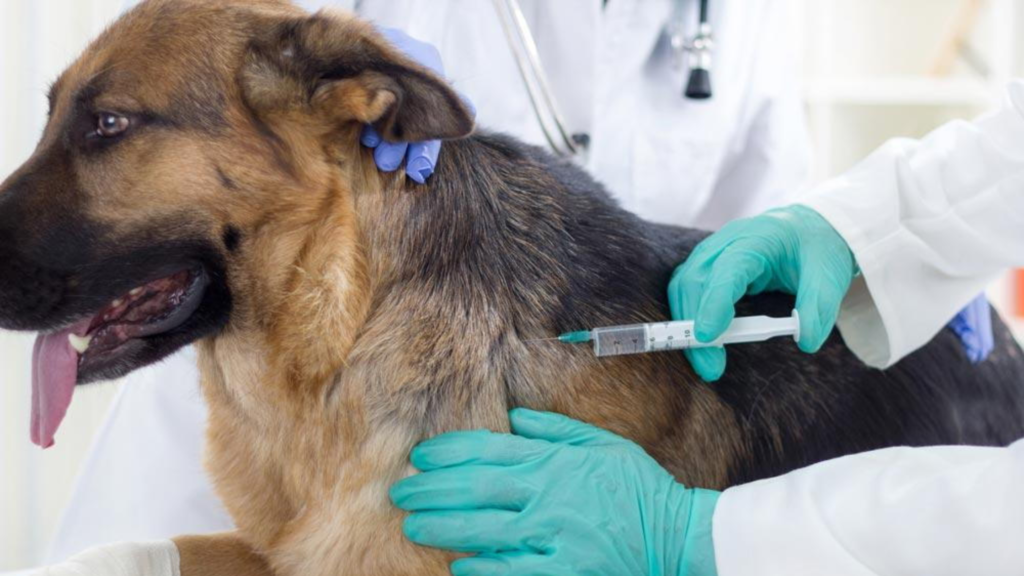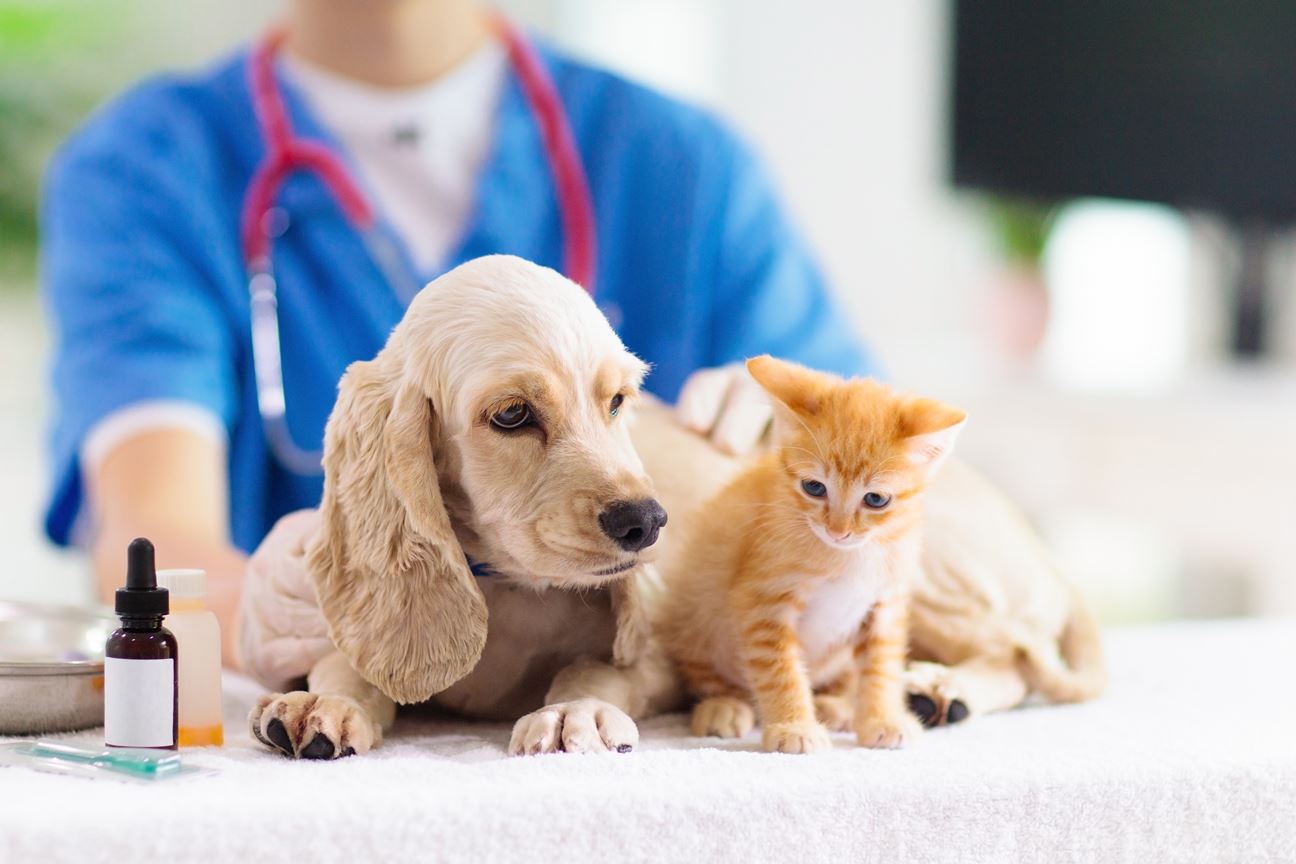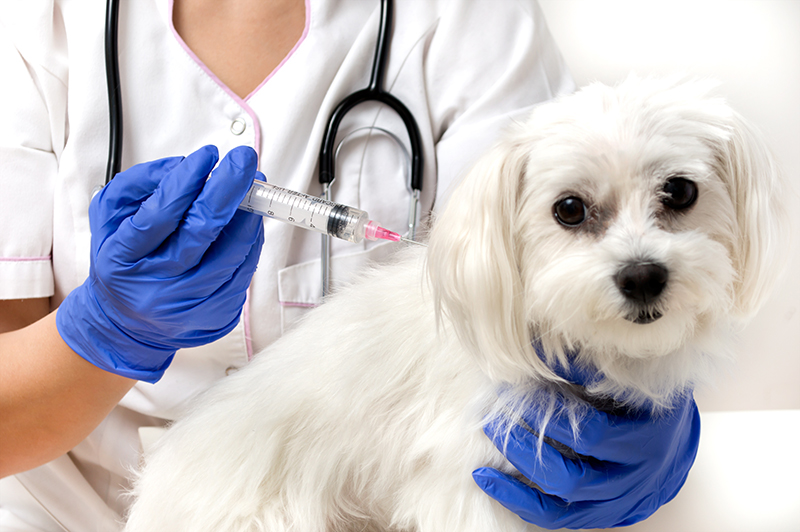






Vaccinations are a vital part of ensuring your pet’s health and protecting them from preventable diseases. A well-structured pet vaccination guide not only safeguards your furry friend but also helps maintain public health by preventing zoonotic diseases. This comprehensive guide outlines the importance of pet vaccinations, the types of vaccines available, and how to create a lifelong vaccination plan for your beloved companion.

Vaccinations prepare your pet’s immune system to recognize and fight harmful pathogens. By introducing a weakened or inactive form of a disease-causing agent, vaccines stimulate the production of antibodies, enabling your pet to develop immunity.
Vaccines for pets are categorized into two main types: core vaccines and non-core vaccines.
These vaccines are essential for all pets due to the high risk of exposure and the severity of the diseases they prevent.
For Dogs:
For Cats:

These vaccines are recommended based on a pet’s lifestyle, geographic location, and risk of exposure.
For Dogs:
For Cats:
A structured vaccination schedule ensures your pet receives timely protection against diseases. The timeline may vary depending on age, breed, and health status.

Older pets may require less frequent vaccinations but should still receive core boosters as recommended by a veterinarian.
Vaccination visits can be stressful for pets. Proper preparation ensures a smooth and positive experience.
Most pets tolerate vaccines well, but mild side effects can occur. Knowing what to expect ensures you can respond appropriately.

Read Also :- Pet Anxiety Solutions: Expert Tips to Calm Your Furry Friend
Balanced Pet Diet: The Ultimate Guide to Furry Health
Consistency is key to ensuring your pet remains protected throughout their life.
Maintain a vaccination record to track due dates and avoid missed doses.
Annual wellness exams ensure your pet’s vaccination schedule stays up to date.
Work with your veterinarian to adjust vaccine schedules as your pet ages or their lifestyle changes.
Even indoor pets can be exposed to airborne pathogens or accidental escapes, making vaccines crucial.
Most side effects are mild and temporary. Severe reactions are rare and manageable with prompt care.
Immunity from vaccines wanes over time, requiring boosters for continued protection.
A comprehensive pet vaccination guide is essential for protecting your furry friend from preventable diseases. By understanding the importance of core and non-core vaccines, maintaining a consistent vaccination schedule, and consulting your veterinarian regularly, you can ensure your pet’s lifelong health and happiness. Proactive care through timely vaccinations not only safeguards your pet but also contributes to a healthier community.
Core vaccines typically require annual or triennial boosters based on your vet’s recommendation.
Mild side effects are common, but severe reactions are rare and manageable with veterinary care.
Non-core vaccines should be based on your pet’s lifestyle and exposure risk. Consult your vet for guidance.
Vaccinations typically begin at 6–8 weeks of age.
Yes, although frequency and type may vary depending on their health and lifestyle.




